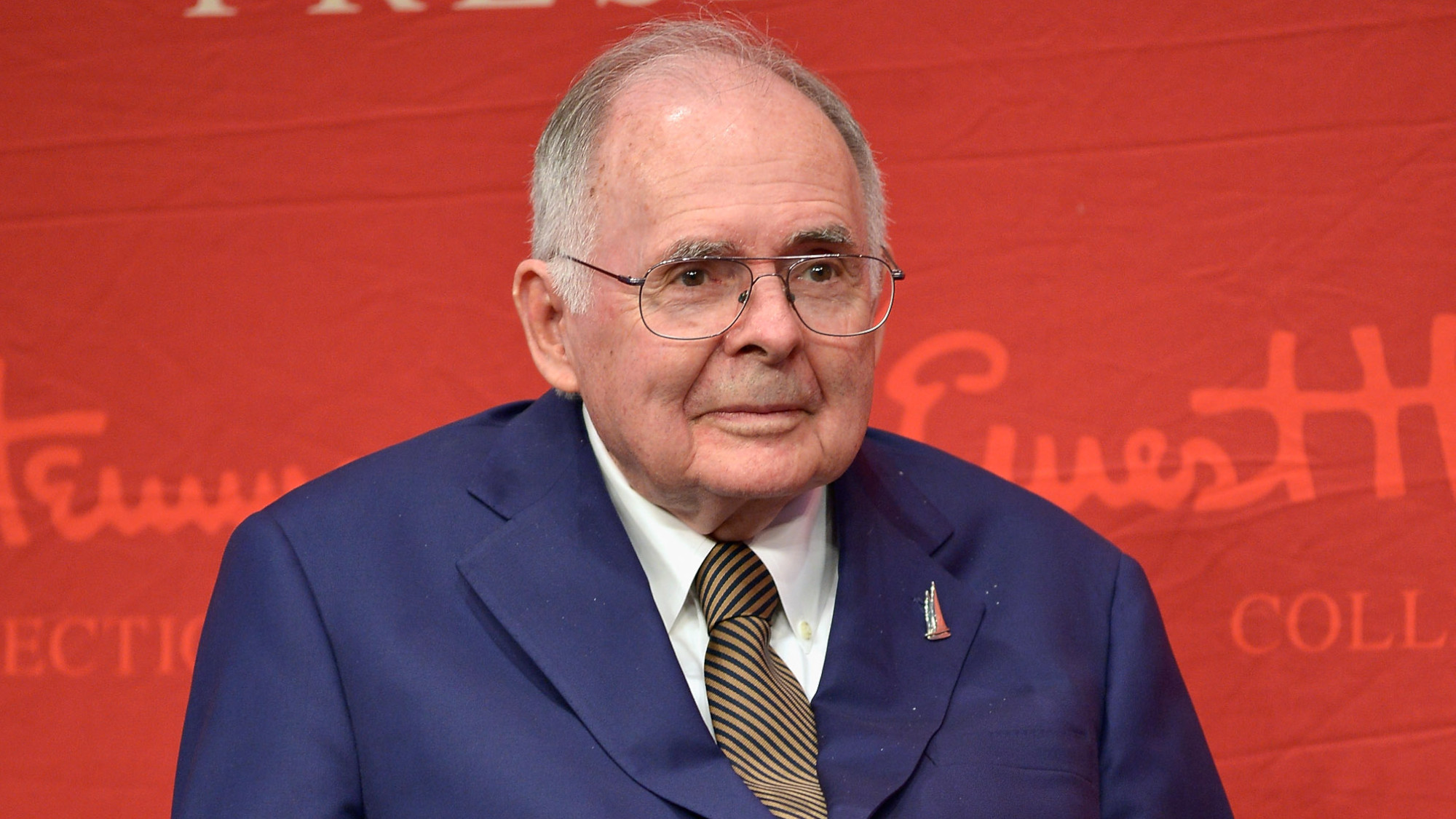Martin Fleischmann, 1927–2012
The chemist who promised an energy miracle
A free daily email with the biggest news stories of the day – and the best features from TheWeek.com
You are now subscribed
Your newsletter sign-up was successful
For a brief moment in 1989, Martin Fleischmann could lay claim to one of the greatest discoveries of modern science. He and fellow chemist Stanley Pons told a crowded press conference at the University of Utah that they had induced nuclear fusion, the high-energy process that powers the sun, in a room-temperature jar of water. Once refined, Fleischmann said, their experiment would be worth $300 trillion, winning clean, unlimited energy from seawater and transforming humanity’s fate.
Before long, however, it emerged that no one else could replicate cold fusion, as the process came to be known. “Skepticism turned to hostility,” said The Daily Telegraph (U.K.), and the most compelling question became whether the work was “a delusion, an error, or a fraud.” Fleischmann claimed that the university had railroaded him into seeking publicity rather than peer-reviewed publication for his work, said The Washington Post. He continued his research with private funding, but he later acknowledged, “This has been a terrible experience.”
Born in Czechoslovakia, Fleischmann and his family escaped the Nazis in 1938 and moved to England, said the Los Angeles Times. He studied at Imperial College in London and had a respectable academic career, building an acclaimed chemistry program at the University of Southampton before retiring in 1983 and moving to Utah to work with Pons. Fleischmann never entirely gave up on the prospect of practical energy through fusion. “The New York Times said that you cannot make a heavier-than-air machine fly,” he noted, “the day before the Wright brothers took off.”
The Week
Escape your echo chamber. Get the facts behind the news, plus analysis from multiple perspectives.

Sign up for The Week's Free Newsletters
From our morning news briefing to a weekly Good News Newsletter, get the best of The Week delivered directly to your inbox.
From our morning news briefing to a weekly Good News Newsletter, get the best of The Week delivered directly to your inbox.
A free daily email with the biggest news stories of the day – and the best features from TheWeek.com
-
 The ‘ravenous’ demand for Cornish minerals
The ‘ravenous’ demand for Cornish mineralsUnder the Radar Growing need for critical minerals to power tech has intensified ‘appetite’ for lithium, which could be a ‘huge boon’ for local economy
-
 Why are election experts taking Trump’s midterm threats seriously?
Why are election experts taking Trump’s midterm threats seriously?IN THE SPOTLIGHT As the president muses about polling place deployments and a centralized electoral system aimed at one-party control, lawmakers are taking this administration at its word
-
 ‘Restaurateurs have become millionaires’
‘Restaurateurs have become millionaires’Instant Opinion Opinion, comment and editorials of the day
-
 Catherine O'Hara: The madcap actress who sparkled on ‘SCTV’ and ‘Schitt’s Creek’
Catherine O'Hara: The madcap actress who sparkled on ‘SCTV’ and ‘Schitt’s Creek’Feature O'Hara cracked up audiences for more than 50 years
-
 Bob Weir: The Grateful Dead guitarist who kept the hippie flame
Bob Weir: The Grateful Dead guitarist who kept the hippie flameFeature The fan favorite died at 78
-
 Brigitte Bardot: the bombshell who embodied the new France
Brigitte Bardot: the bombshell who embodied the new FranceFeature The actress retired from cinema at 39, and later become known for animal rights activism and anti-Muslim bigotry
-
 Frank Gehry: the architect who made buildings flow like water
Frank Gehry: the architect who made buildings flow like waterFeature The revered building master died at the age of 96
-
 R&B singer D’Angelo
R&B singer D’AngeloFeature A reclusive visionary who transformed the genre
-
 Kiss guitarist Ace Frehley
Kiss guitarist Ace FrehleyFeature The rocker who shot fireworks from his guitar
-
 Robert Redford: the Hollywood icon who founded the Sundance Film Festival
Robert Redford: the Hollywood icon who founded the Sundance Film FestivalFeature Redford’s most lasting influence may have been as the man who ‘invigorated American independent cinema’ through Sundance
-
 Patrick Hemingway: The Hemingway son who tended to his father’s legacy
Patrick Hemingway: The Hemingway son who tended to his father’s legacyFeature He was comfortable in the shadow of his famous father, Ernest Hemingway